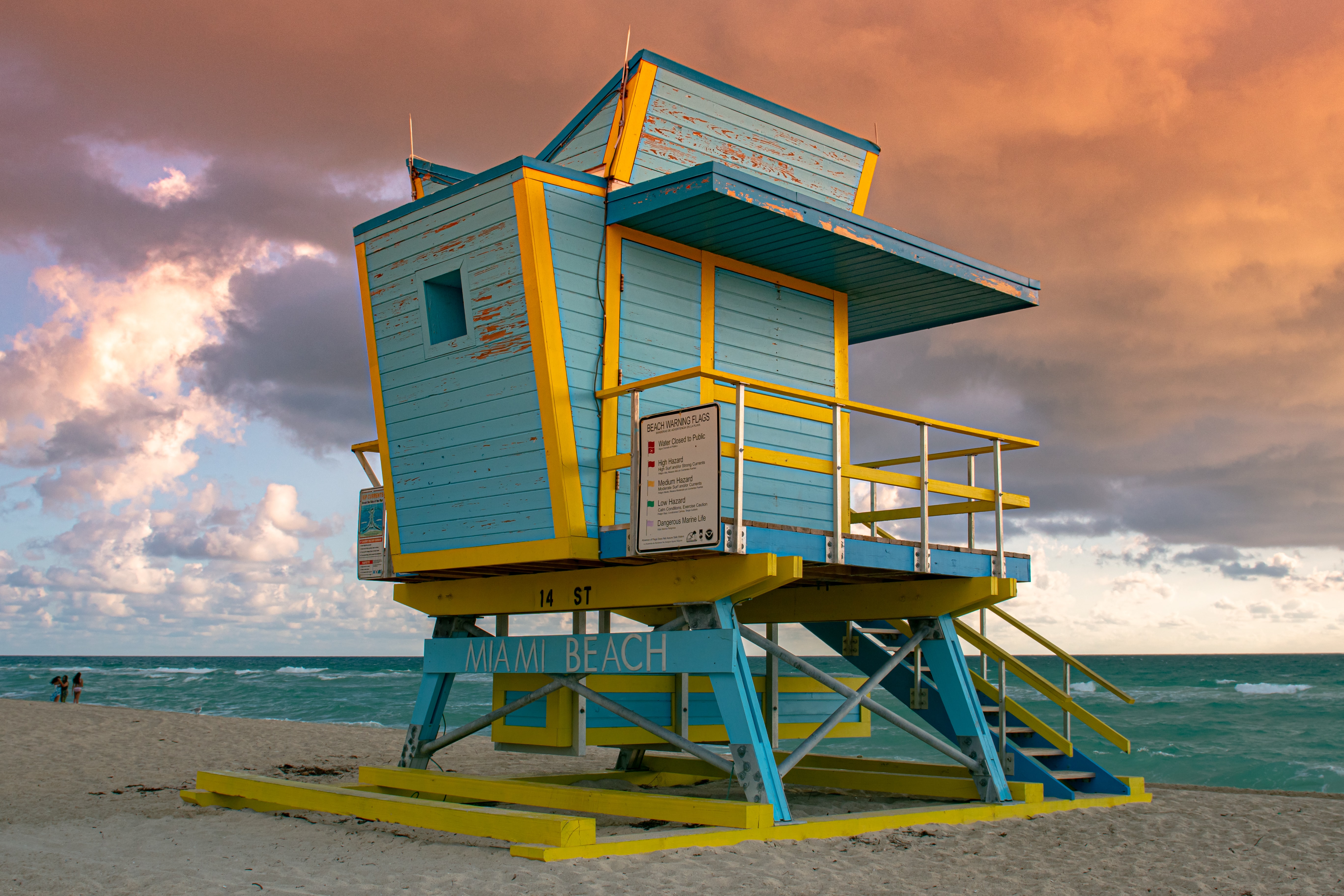Focus On Valuable Supplier Relationships Builds Value for Counter Culture Coffee
The global coffee supply chain has been in the hot seat on numerous occasions in the most recent years. A notoriously difficult product to supply sustainably, the coffee supply chain poses classic boundaries of sustainability; globalized suppliers, low-compliance, lacking transparency and long life cycles.
Reported by Environmental Leader, Counter Culture Coffee, a specialty roaster and wholesaler has released a recent sustainability report, delving into their extensive sustainability reporting with supply chain actors. “… [The] latest sustainability report details its relationships with 67 different farmers and farmer groups, aiming to provide transparency into its environmental, social and fiscal sustainability. It also provides information about each of the 354 coffee contracts the company made over the last two harvests” (Hermes 2018).
This kind of thorough reporting is becoming growingly important to ensure resilience in supply chains that are anything but. Counter Culture Coffee believes that building long-term and valuable supply chain collaborators is the best practice for remaining risk-averse, and continuing to receive a high-quality sustainable supply.
In order to get best results, the organization has worked very hard to locate sustainability KPIs in their suppliers activities. Working closely on securing quality relationships with farmers, cooperatives, importers, etc. is a key element in the organization’s deeper dive into their supply chain (Hermes 2018).
With transparency comes honesty.
Counter Culture Coffee’s makes it apparent to their end consumer that there is currently gaps in their supplier relationship management, quality assurance and overall supply chain transparency.
This unique approach creates an edgy narrative to customers. “We want to be honest about what we know and don’t know, and to the extent that consumers start to demand sustainable prices paid to farmers, that puts a healthy pressure on the industry to address this issue,” Meredith Taylor quipped when speaking with Environmental Leader.
This overt creation of brand and supply chain visibility is a step towards a new normal for brand value in an age where sustainable development is a collective effort; between business, suppliers, consumers and even competitors. Also, locating and addressing the areas of 'unknown' in their supply chain it a stepping stone for innovative solutions to their supply chain challenges.
Counter Culture Coffee’s engagement in their supply chain, and visible reporting, serves as a reminder that supply chains aren’t just a means to receive our goods and services, they are complex networks of people, just like you and I. If you want to read more about this topic - check this article out on how to collaborate with suppliers and learn how Nestlé did with their supplier relationships.











